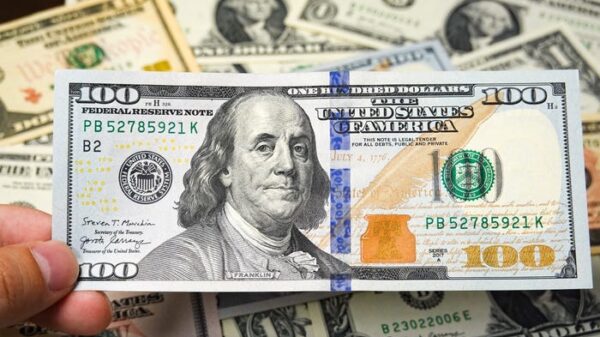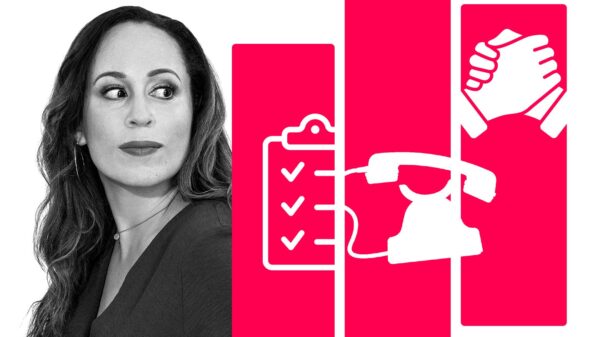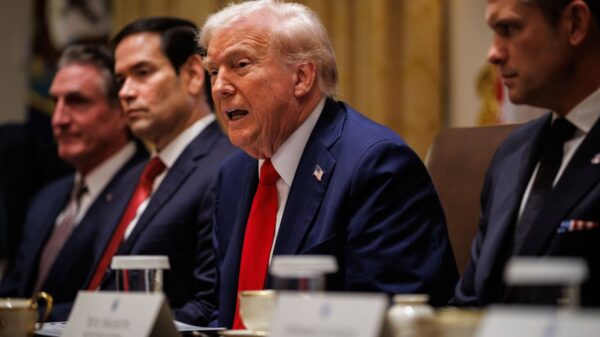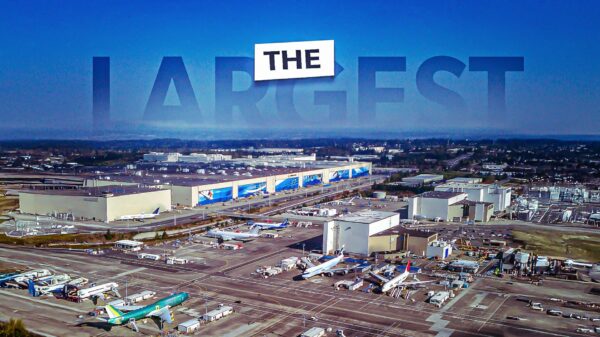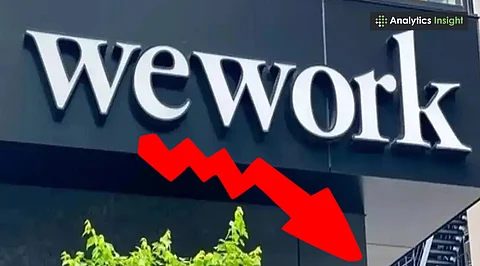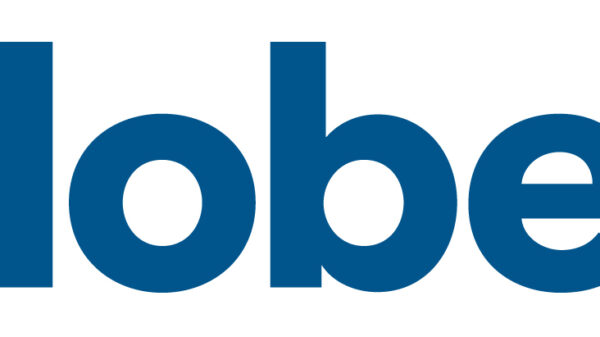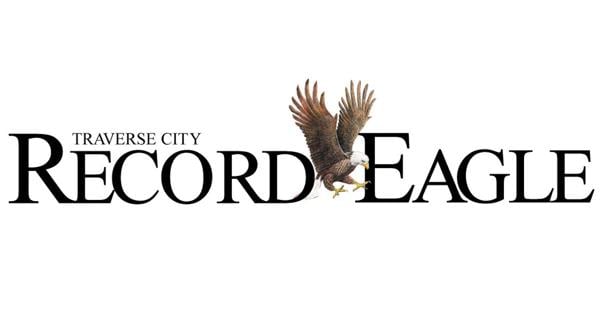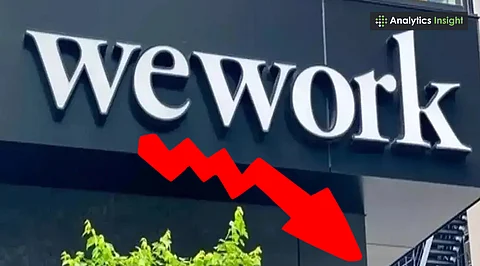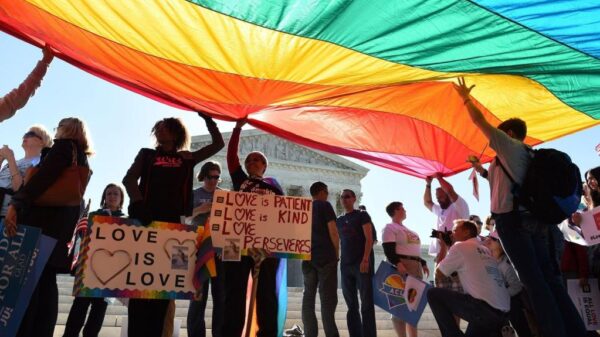The American Beverage Association (ABA) is advocating for a model that aligns private industry efforts with public health objectives while preserving consumer choice. During an event hosted by Breitbart News, ABA President and CEO Kevin W. Keane articulated this vision, emphasizing the industry’s collaborative relationship with government officials, including Donald Trump and Robert F. Kennedy Jr.. The discussion highlighted how beverage companies are actively addressing health concerns through innovation rather than regulation.
Keane noted that the beverage industry has developed a proactive approach to health initiatives, stating, “We’ve worked with the White House… kept going back to them.” He recounted a positive reception from Kennedy regarding the ABA’s initiatives, which reflect a commitment to consumer empowerment through “true choice and better information.”
Innovation in Response to Consumer Demand
The conversation also focused on the growing market for zero- and low-sugar beverages. According to Keane, this trend is a direct response to consumer preferences, with companies introducing at least 15 new products this year that meet these criteria. He specifically mentioned developments from major brands such as PepsiCo and Coca-Cola, including Pepsi’s acquisition of Poppi and the introduction of new prebiotic beverages.
“Providing meaningful choice is central to our role in improving public health outcomes,” Keane said, emphasizing the importance of listening to consumer desires. He expressed confidence that the industry can balance health initiatives with economic freedom, asserting, “I think you can have it both ways.”
Keane warned against abandoning free-market principles in health policy reforms, urging lawmakers to “rely on the private sector” to address health challenges. He argued that the ABA’s efforts under the MAHA model demonstrate how private industry can effectively address public health issues without heavy-handed government intervention.
Commitment to Transparency and Choice
The ABA has taken steps to enhance transparency in the beverage sector. The association’s platform now includes over 140 beverage ingredients, detailing their uses and safety assessments from agencies like the U.S. Food and Drug Administration and Health Canada. Keane stated, “More than ever, Americans want transparency, and that’s exactly what we’re delivering.”
This initiative responds to consumer demand for openness about product ingredients and aligns with the ABA’s long-term focus on health and innovation. The beverage industry has made significant strides over the past two decades, introducing hundreds of zero-sugar options and removing full-calorie beverages from schools. Keane highlighted that today, approximately 60 percent of beverages purchased in the U.S. contain no sugar.
Despite these advancements, Keane acknowledged the criticism the industry often faces in health discussions, attributing it to the high-profile nature of the brands involved. “We’re big, high-profile brands and companies,” he explained. “If you’re trying to push an issue, we may in some cases be an easy target.”
In response, the ABA plans to adopt a more assertive communication strategy to share its story and demonstrate how the industry is addressing societal health challenges through free-market solutions. Keane concluded, “Our industry acts, not just talks — that’s what makes it fun.”
The ABA’s ongoing commitment to health, innovation, and consumer choice underscores its role in shaping a healthier future in the beverage sector.


